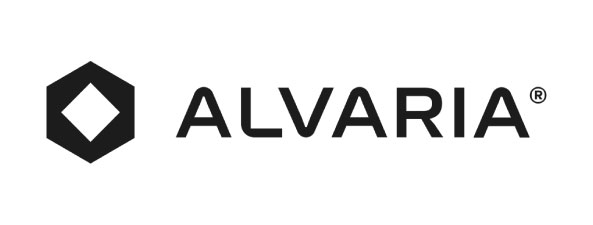There is a lot of talk in the industry about collection agencies and student loans regulations. While we’re no stranger to new and changing regulations, a significant transformation is happening in California with the introduction of the “Protecting Students from Creditor Colleges Act.” This groundbreaking legislation, if enacted, will not only redefine how institutions of higher education in California handle student debt but may also have far-reaching consequences for collection agencies and the entire collection industry.
The California Legislation: A Closer Look
The “Protecting Students from Creditor Colleges Act” targets higher education institutions operating in California, aiming to protect students from punitive measures for unpaid “institutional debts.” These debts encompass any amount owed by students to their respective institutions, excluding tuition, fees, room and board, or other costs of attendance for the current academic term in which the student is actively enrolled or seeking enrollment.
Debt Collection Restrictions
While there are a number of student-facing policies, the legislation also introduces restrictions on debt collection activities carried out by institutions. Before engaging a debt collector, institutions must wait for 180 days after the initial communication requesting payment, if they have made all reasonable efforts to contact the student within this period.
Institutions are required to notify students about outstanding institutional debts, including the potential consequences of default, reporting adverse information on credit reports, and the risk of civil action. The wording of this notice requirement may pose challenges for institutions in compliance with the existing Rosenthal Debt Collection Act.
Potential National Implications
The “Protecting Students from Creditor Colleges Act” presents collection agencies with both challenges and opportunities. If this legislation goes into effect in California, agencies may need to adapt their strategies when dealing with higher education institutions within the state. However, as we’ve seen before with collection agencies and student loans regulations, if this law does go into effect in California, its success or failure could influence similar legislation in other states. If this law were to go nationwide, collection agencies would need to adapt their practices accordingly, potentially leading to broader changes in the collection industry.
Collaboration with Colleges: A Path Forward
Given the impending changes, collection agencies can explore collaboration with colleges to navigate this new landscape effectively:
- Offering Debt Resolution Services: Collection agencies can work with colleges to provide debt resolution services that aim to find mutually agreeable solutions for students facing financial difficulties. These solutions may include flexible repayment plans or debt consolidation options.
- Providing Education: Agencies can offer educational resources to colleges to help students better understand their financial obligations and available repayment options, ultimately reducing the incidence of institutional debt.
- Compliance Consultation: Collection agencies can offer their expertise in compliance with the evolving regulations, ensuring that colleges stay within the legal framework while addressing student debt.
The “Protecting Students from Creditor Colleges Act” in California marks a significant development in the realm of student debt collections. As this legislation progresses, it is essential for collection agencies to stay informed and proactive in adjusting their approaches. Collaboration with colleges, offering debt resolution services, and ensuring compliance will be key factors in navigating these changes successfully. Moreover, the impact of this law may extend beyond California’s borders, making it a pivotal moment for the collections industry nationwide.
Compliance is key in our industry and the right tools are essential to stay on top of the dynamic landscape of collection agencies and student loans regulations. At TEC Services Group, both our analytical and professional services are here to guide the collection organizations through the myriad of changes that seem to happen weekly. Learn more by connecting with us here.







